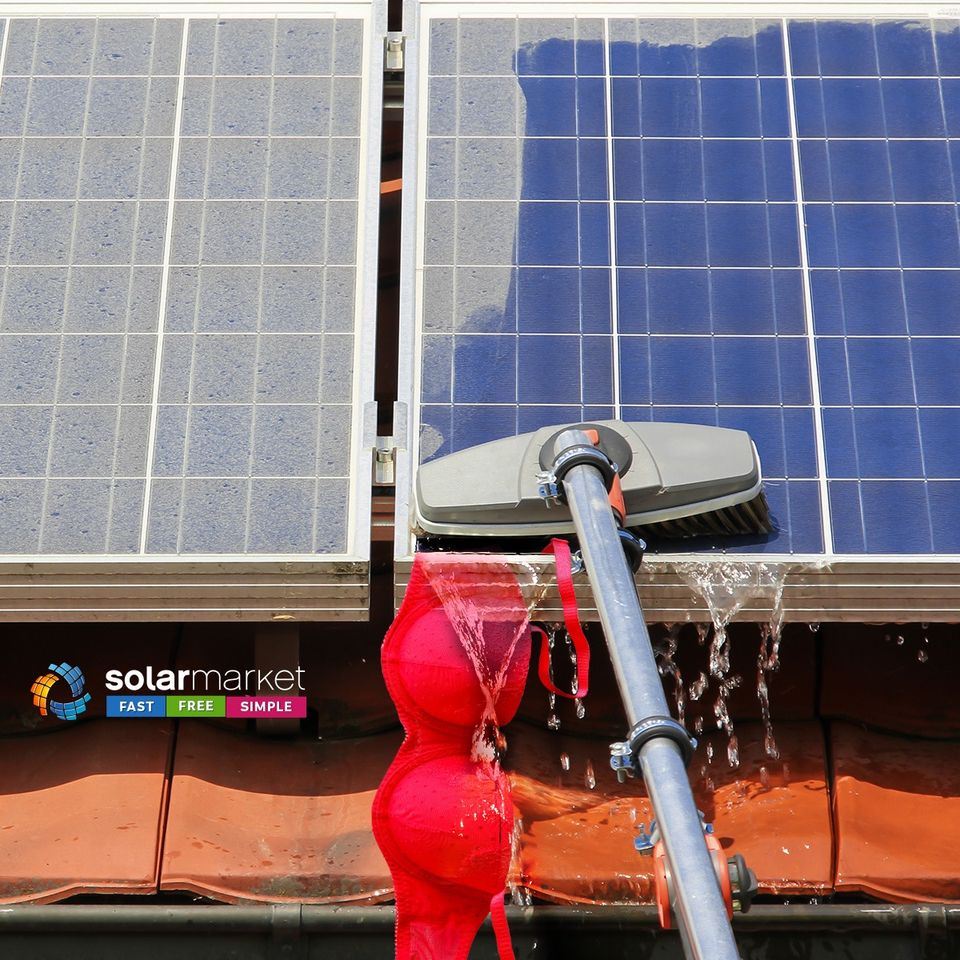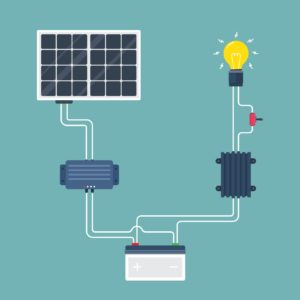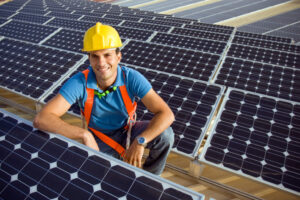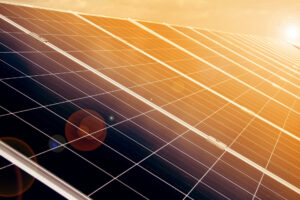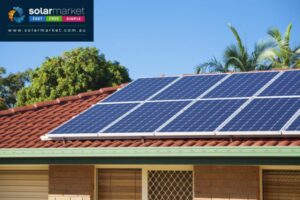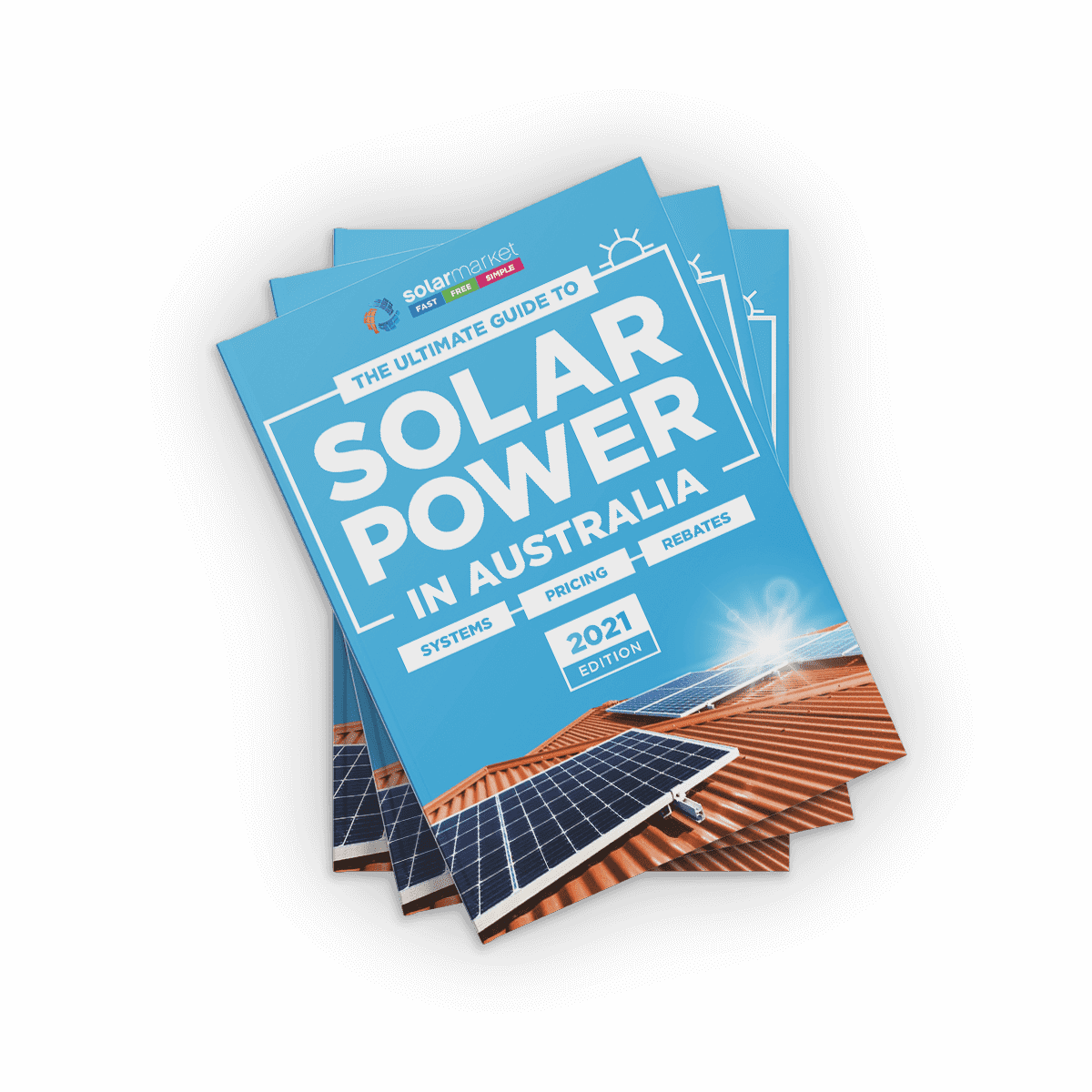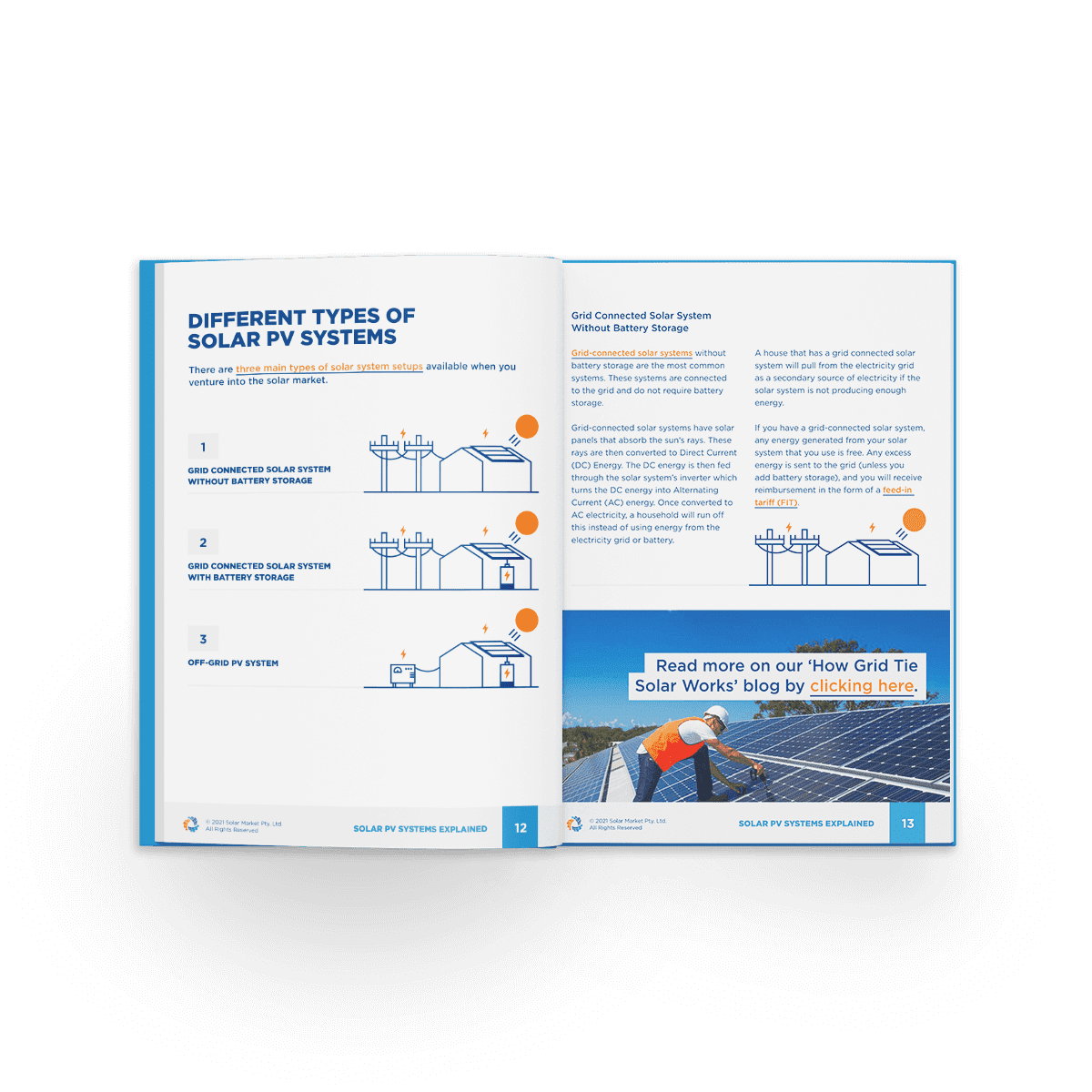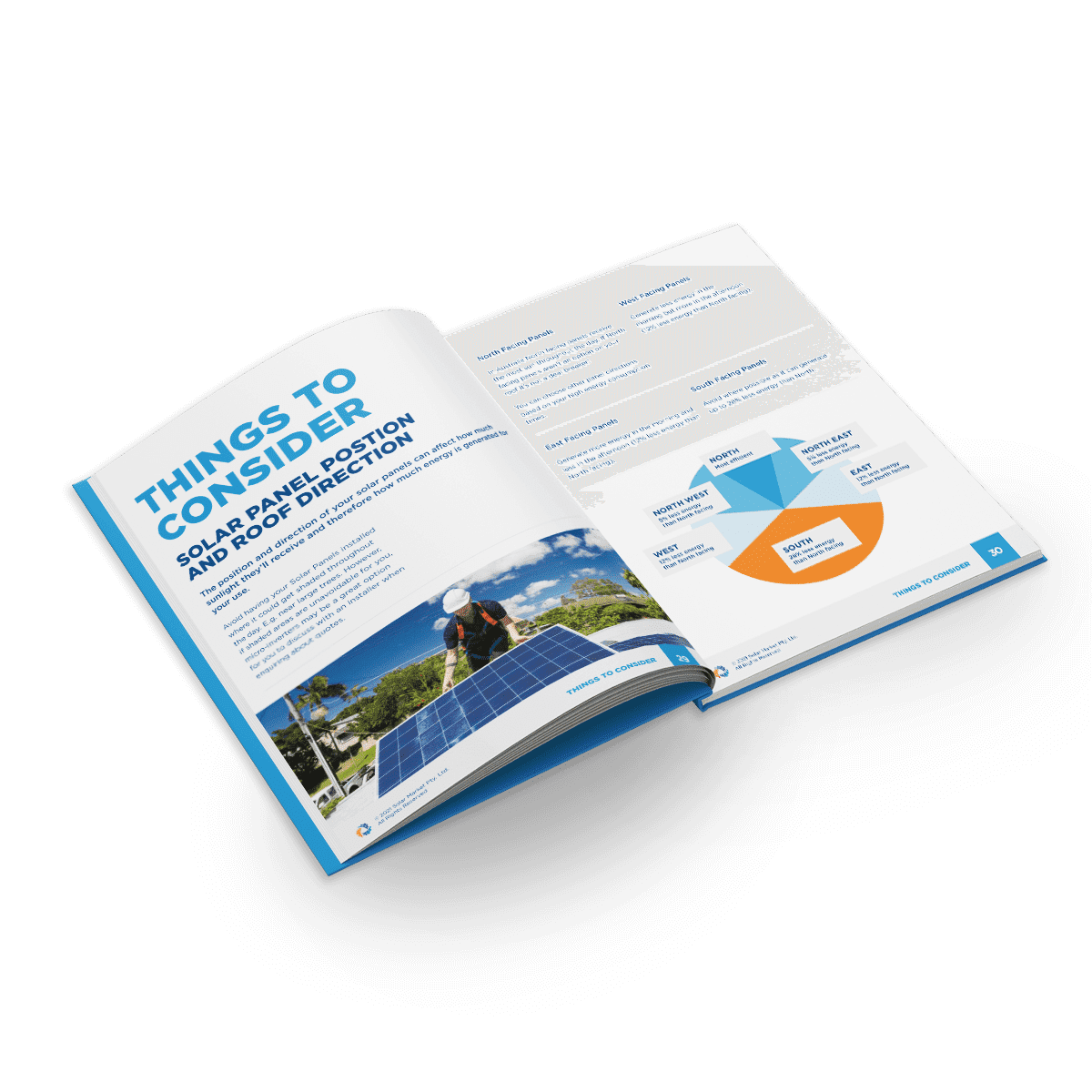Power Outage in the Sun: 7 Reasons Your Solar System Has Stopped Generating Electricity
There are many reasons as to why your solar system may not be working. Here are the 7 most common issues that might be causing your solar system to not work as it should.
1. Shade Is Covering Your Solar Panels
Unfortunately, trees grow continuously, and a new formed branch could be enough to shade your panels and drastically reduce their performance.
Check your property for newly formed shaded areas and make cuts where necessary.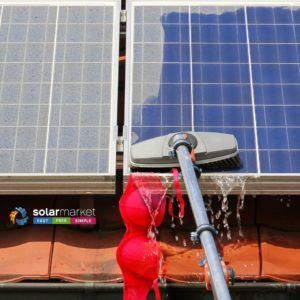
2. You Have Dirty Solar Panels
Solar panels self-clean when there is sufficient rainfall but if you have been through a dry period your solar panels may be coated in dust, bird droppings, tree sap or leaves.
If you notice that your panels are dull looking and ready for a clean you can call your installer to get a cleaner out to you.
Want to do it yourself? Make sure you gently brush down the grime on your solar panels with cool water and soap. When climbing onto your roof ensure that you take the necessary safety precautions.
3. Solar Inverter Issues
Faults in your solar inverter can lead to many common issues with your solar system. But how can you tell when something has gone wrong?
A simple way of checking how your inverter is performing is by looking at the glowing light during the day. If the light is green it is working as it should. If the light is red or orange something has gone wrong with the inverter and it is now showing for a fault.
If you are finding that your inverter is showing for a fault, call your installer.
4. A Solar Meter Is Not Installed
Before your solar system can operate you must have a meter installed. Your energy provider will usually arrange this for you on your behalf but it can take up to a few days for this service to be completed.
5. Your PV Panels Are Tripping Your Circuit Breaker
Sometimes when a solar system is installed it can cause your circuit breaker to trip. Tripping usually occurs when the breaker panel is affected by elements such as heat, rain or a faulty wire.
If you find your system is tripping often it can also be a sign of an issue with the solar panel conductor.
6. Your Solar Panels Are Over Heating
Although solar panels are designed to sit out in the heat of the day, a spike in heat can effect the efficiency of your solar panel by up to 10%. When the temperature is raised above 25 degrees it is often found that the efficiency of solar panels will decrease.
7. A Loose Wire On Your Panel Array
If you are experiencing a significant loss of power this may be caused by a loose wire on your PV system which means that your solar array cannot connect the energy it’s generating to your inverter system. Ensure that you call your installer to do this for you as live wires can be dangerous.
A solar system not generating electricity can be attributed to various factors. It is important to address these issues promptly to maximise the benefits of solar power. Check for shade coverage and consider tree trimming, ensure your panels are clean, monitor the performance of your inverter, and ensure the proper installation of a solar meter. Be aware of circuit breaker tripping and overheating panels, as these can affect system performance. Finally, address any loose wires in your panel array to optimise energy transmission. By understanding and resolving these issues, you can harness the full potential of solar energy and enjoy its long-term benefits.
Need more help on everything solar? Visit our blog section for everything there is to know about solar panels, batteries and inverters.
Need better help, recommendations and quotes? Solar Market connects you with 3 free no obligation quotes to solar installers within your local area. Happy Installing!
